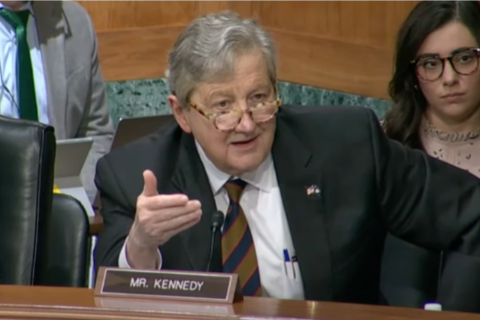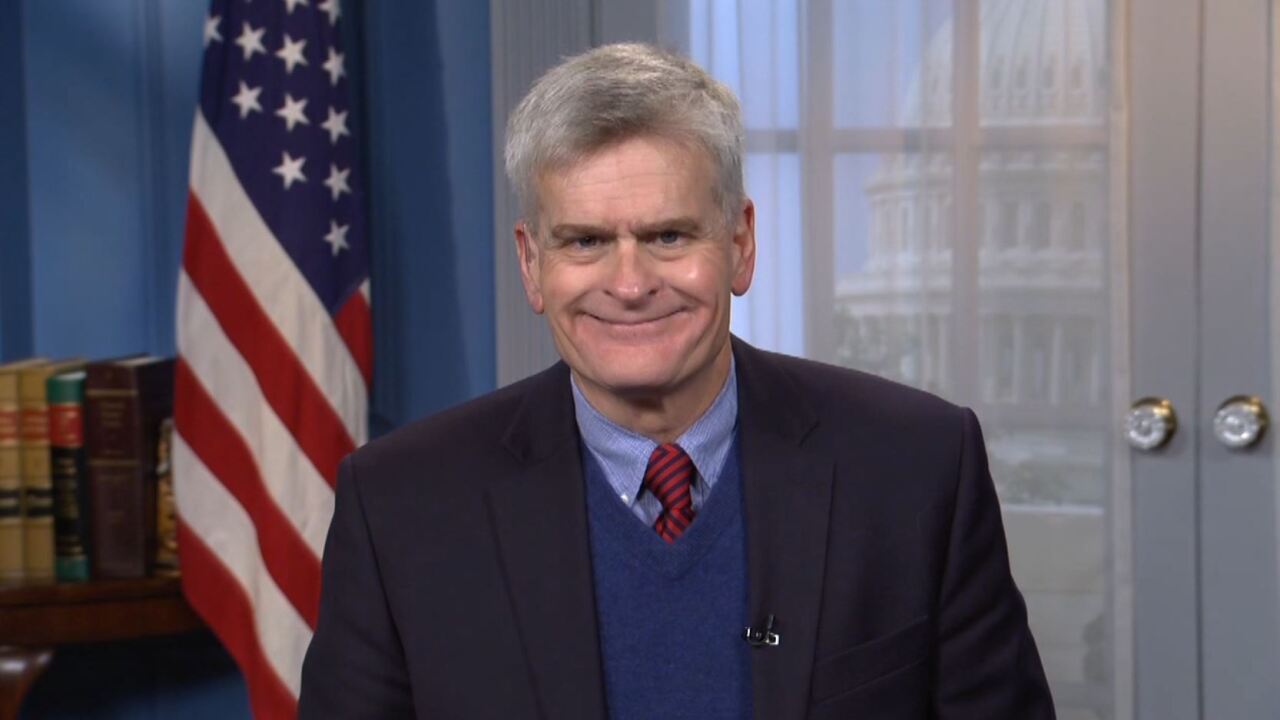Kennedy: GOMESA cap unfairly targets Louisiana
Published 6:49 am Thursday, July 27, 2023
|
Getting your Trinity Audio player ready...
|
WASHINGTON – Sen. John Kennedy (R-La.), a member of the Senate Budget Committee, today raised questions about the fairness of the Gulf of Mexico Energy Security Act’s (GOMESA) limits on revenue that Louisiana can receive.
Kennedy and Louisiana’s Gov. John Bel Edwards, a witness at the hearing, agreed on the necessity of passing the Reinvesting in Shoreline Economies & Ecosystems (RISEE) Act, which would reform GOMESA to lift the current revenue cap that unfairly penalizes Louisiana.
“Do you think it’s fair [that] we get 37.5 percent of offshore oil royalties under GOMESA? New Mexico gets 50 percent share from the federal government . . . Wyoming gets 50 percent, North Dakota gets 50 percent. We get 37.5 percent, and we’ve got to share it with four other states,” said Kennedy.
Trending
“And it’s capped at $375 million . . . ” replied Edwards.
“All we’re asking is to be treated like everybody else, aren’t we . . . and we have a solution, don’t we?” Kennedy continued.
“We do,” Edwards confirmed, commending the RISEE Act, the “wonderful piece of legislation” that Kennedy helped introduce and has long advocated for.
“I appreciate your work on that,” Edwards added.
“Well, to be blunt: We’ve proven we can use the money well, and we put our own money up, and it is patently unfair that other states get a larger share—much larger share—than Louisiana, and I think the RISEE Act—which will also help our wind industry, as Sen. Whitehouse knows, we’re working together on it—is long overdue, and I appreciate you coming up here to talk about that bill,” said Kennedy.
Background:
Trending
Under GOMESA, federal revenues from the offshore energy production of Gulf states are divided into three portions. The federal government returns 37.5 percent of this revenue to Louisiana, Texas, Mississippi and Alabama. The Land and Water Conservation Fund receives 12.5 percent of offshore revenue and directs most of that money to landlocked states. The final 50 percent of Gulf oil and gas revenue goes to the U.S. Treasury.
The GOMESA cap limits the dollar value of Gulf states’ 37.5 percent revenue share to $375 million each year, meaning the states receive no benefit when the energy sector peaks and revenues surpass the cap. Conversely, the Mineral Leasing Act ensures that states with onshore drilling operations receive 50 percent of their revenues, while there is no cap on how much money that share includes.
States with onshore energy production typically aren’t required to spend that money on environmental priorities. Louisiana constitutionally dedicates revenues from offshore energy production to pay for its coastal conservation and restoration projects.
Watch Kennedy’s full remarks here.







